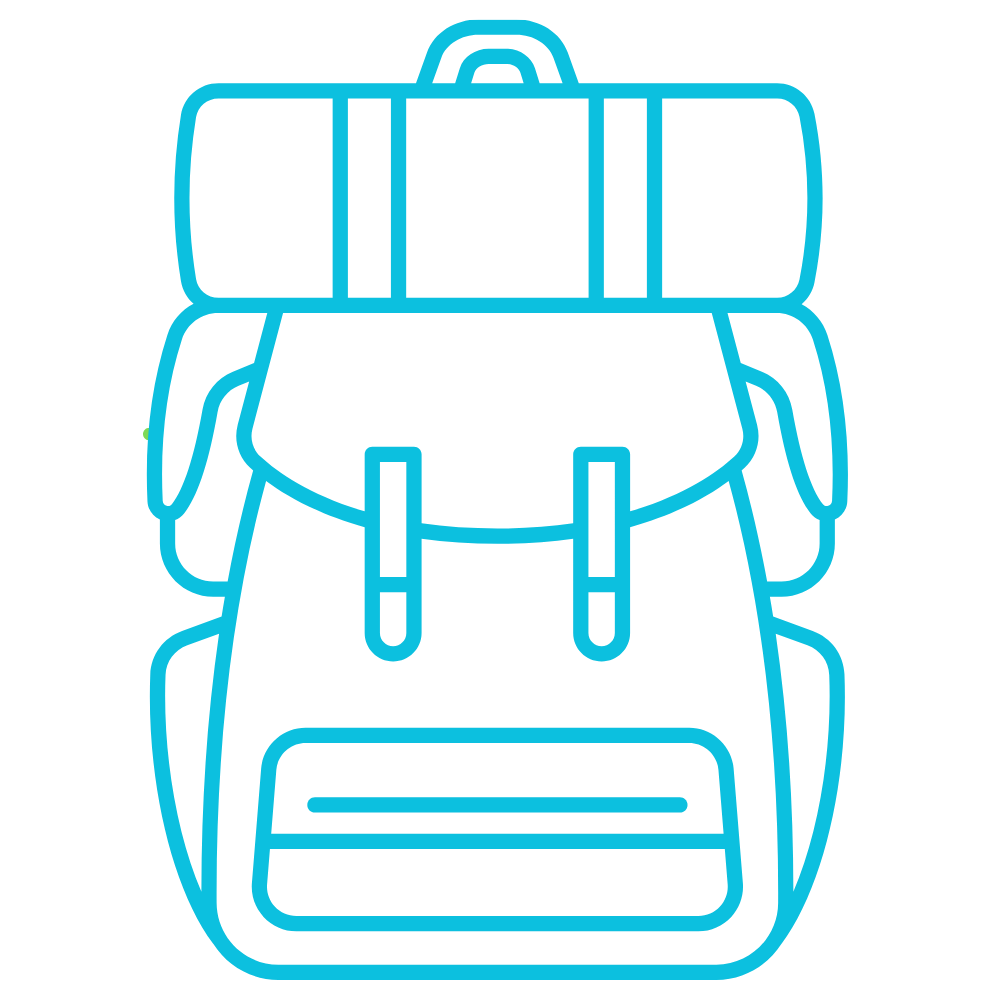Traveling is one of the most rewarding experiences in life. It opens your eyes to new cultures, stunning landscapes, delicious food, and unforgettable memories. But let’s face it—traveling can also be expensive. Flights, hotels, meals, attractions—it all adds up quickly. The good news? You can travel without breaking the bank. With some smart planning and a little creativity, you can save a lot of money on your next trip.
In this guide, we’ll explore practical tips to help you save money while traveling, without sacrificing fun or comfort.
Be Flexible With Your Travel Dates
If you’re not tied to specific dates, you have a much better chance of finding cheap travel deals. Flights and accommodations can vary widely depending on the day of the week, season, and even time of day.
- Fly midweek: Tuesdays and Wednesdays are often cheaper.
- Travel during shoulder seasons: This means the months just before or after peak season. For example, late April or early October in Europe.
- Avoid holidays and weekends: Prices tend to spike during long weekends and national holidays.
Flexibility can be your biggest money-saver.
Use Budget Airlines and Travel Apps
Budget airlines may not offer all the bells and whistles, but they can get you to your destination for a fraction of the cost. Carriers like Ryanair, EasyJet, AirAsia, and Frontier often have flash sales.
Also, use travel apps like:
- Skyscanner – great for comparing flight prices
- Hopper – tells you when to book for the best price
- Rome2Rio – compares different transport options
Pro tip: Always read the fine print. Budget airlines may charge extra for baggage, seat selection, or even printing a boarding pass.
Stay in Affordable Accommodations
Hotels can be pricey, especially in popular destinations. Instead, consider more budget-friendly alternatives:
- Hostels: Not just for backpackers anymore. Many offer private rooms and free breakfast.
- Airbnb or Vrbo: Great for longer stays or groups.
- Guesthouses and B&Bs: Often more affordable and personal.
- House-sitting: Some platforms let you stay for free in exchange for watching someone’s home and pets.
- Couchsurfing: Stay with locals for free. It’s also a great way to make friends.
Look for places with a kitchen so you can cook your own meals—another way to save.
Eat Like a Local
Dining out for every meal adds up fast. Here are a few ways to save on food:
- Avoid tourist traps: Restaurants near big attractions usually overcharge.
- Eat where locals eat: Small neighborhood spots, food trucks, and local markets offer authentic and cheaper options.
- Try street food: In many countries, street food is not only affordable but also delicious and safe.
- Shop at local grocery stores: Grab snacks, breakfast items, or ingredients for a simple meal.
Not every meal has to be an event—sometimes a picnic in a park can be just as satisfying.
Use Public Transportation
Taking taxis or renting a car can quickly drain your travel budget. Most cities offer excellent public transport options:
- Buses, metros, and trams are much cheaper.
- Consider multi-day passes or transport cards—they usually offer a discount.
- In walkable cities, explore on foot or rent a bike.
Apps like Citymapper or Google Maps can help you navigate any city’s transit system with ease.
Book in Advance (But Not Always)
Booking certain things in advance—like flights, train tickets, and some tours—can save you money. Many airlines and train companies offer early bird discounts.
However, for things like local activities or accommodations in less touristy areas, you might find better deals last-minute. Use your judgment or compare prices as your trip gets closer.
Travel Light
Avoid checking bags if you can. Most airlines charge extra fees for checked luggage. Traveling with a carry-on not only saves you money but also time at the airport.
- Pack versatile clothes you can mix and match.
- Bring travel-size toiletries to avoid buying them at expensive tourist shops.
- Leave room for souvenirs, but don’t overpack.
Take Advantage of Free Activities
Some of the best experiences cost nothing. Here are some ideas:
- Walking tours: Many cities offer free (tip-based) walking tours.
- Museums: Some have free entry days or student discounts.
- Parks and nature: Hiking, beaches, and scenic views are often free.
- Local festivals and events: Great way to immerse yourself in the culture at no cost.
Do a little research before your trip to find out what’s free in the area you’re visiting.
Use Travel Rewards and Points
If you have a credit card that earns travel points, now’s the time to use them. You can often redeem points for:
- Flights
- Hotel stays
- Rental cars
- Even meals or tours
Also, sign up for airline frequent flyer programs. Even if you don’t travel often, those points add up over time.
Set a Daily Budget and Stick to It
It’s easy to overspend when you’re having fun. Set a realistic daily budget and track your expenses. You don’t have to account for every penny, but being aware helps you make smarter choices.
Use free budgeting apps like:
- Trail Wallet
- TravelSpend
- Mint
They help you log your spending and stay on track.
FAQs
How can I find the cheapest flights?
Use comparison tools like Skyscanner, Google Flights, and Hopper. Be flexible with your dates and times, and consider flying from nearby airports. Booking 1-3 months in advance often gets you the best price.
Is it safe to use budget airlines and cheap accommodations?
Yes, most budget airlines and affordable stays are safe if you do your research. Read reviews, check ratings, and avoid offers that seem too good to be true.
How much should I budget per day while traveling?
It depends on the destination. In Southeast Asia, $30–$50 a day can be enough. In Europe or the U.S., you might need $70–$150. Always plan a little extra for emergencies or surprises.
Can I work while traveling to support my trip?
Absolutely. Many travelers do freelance work, teach English, or take on temporary jobs abroad. You can also look into working holiday visas or remote work options if your job allows it.
Final Thoughts
Traveling doesn’t have to be a luxury only for the rich. With a little effort and some smart decisions, you can explore the world without emptying your bank account. The key is to plan ahead, stay flexible, and think like a local. Whether you’re heading to a nearby city or flying across the world, these tips will help you make the most of your money—and your journey.





